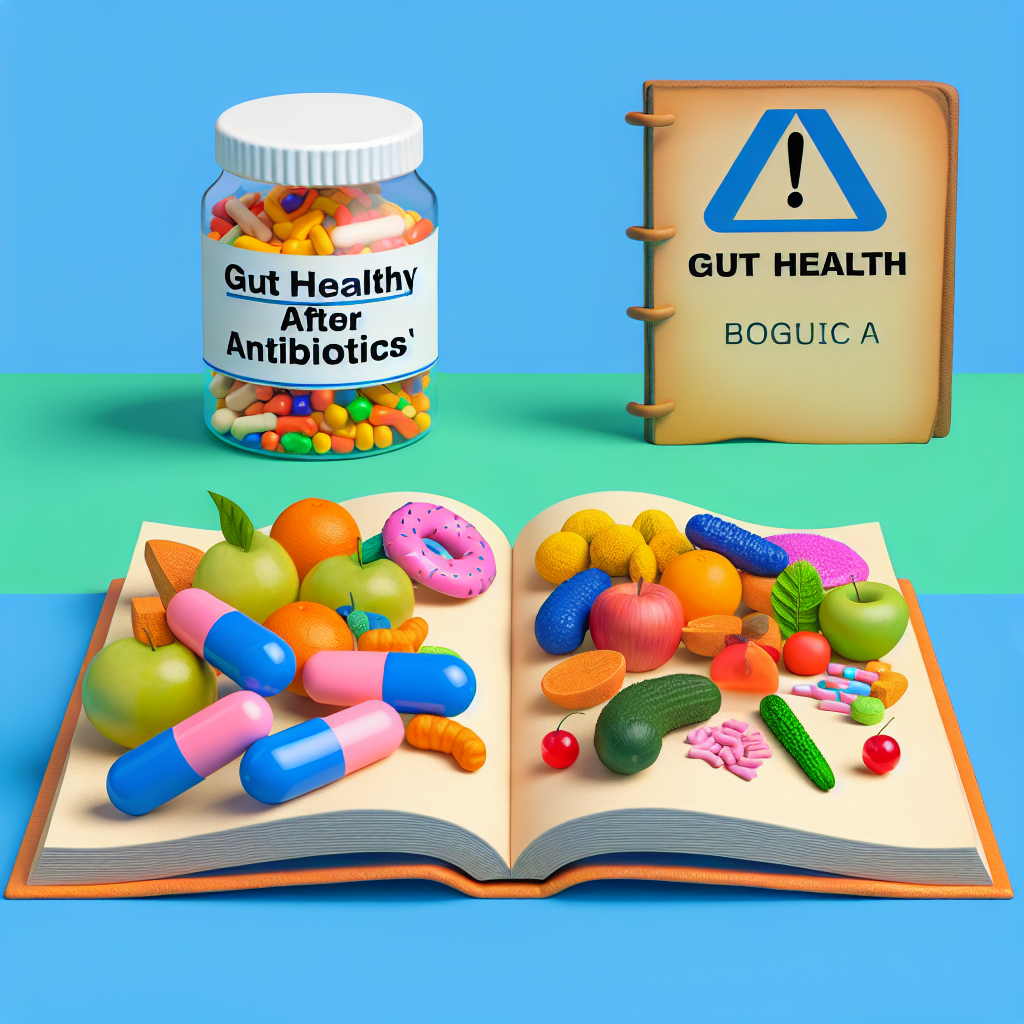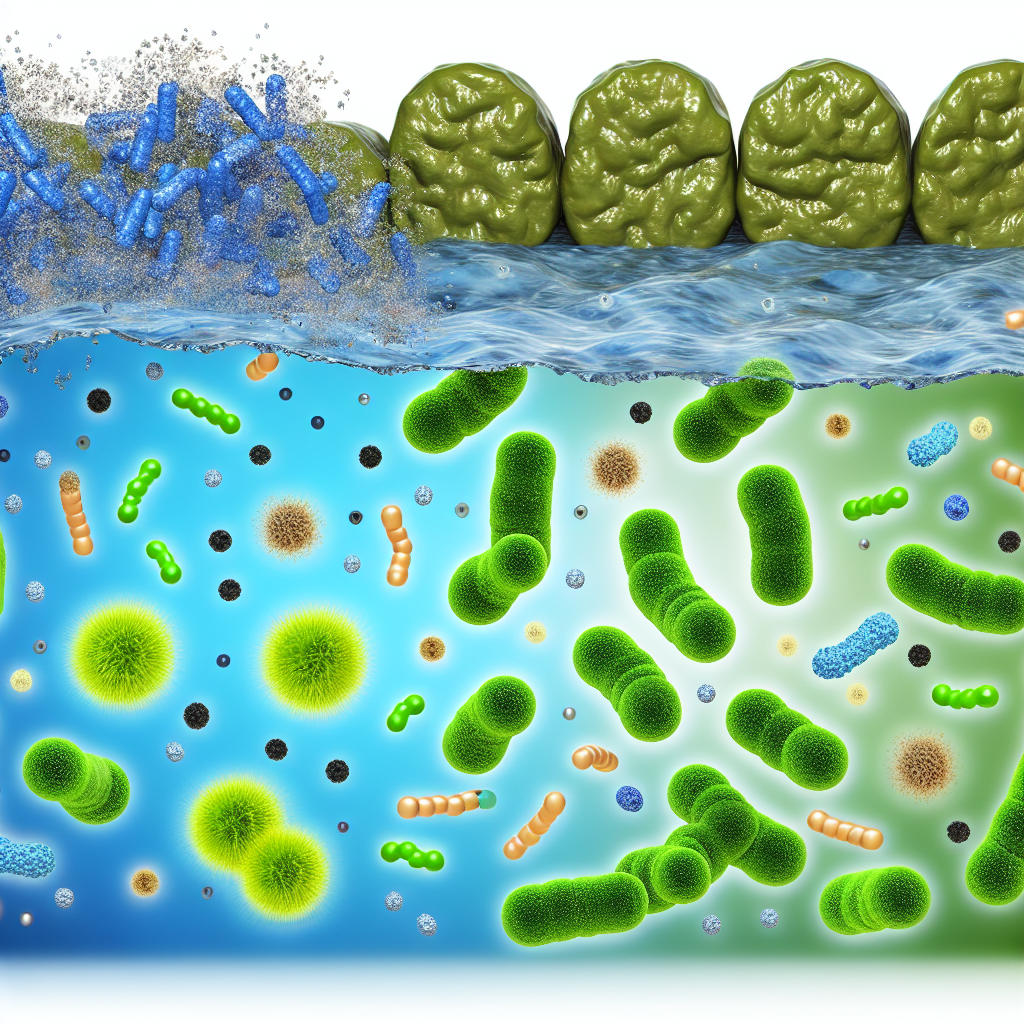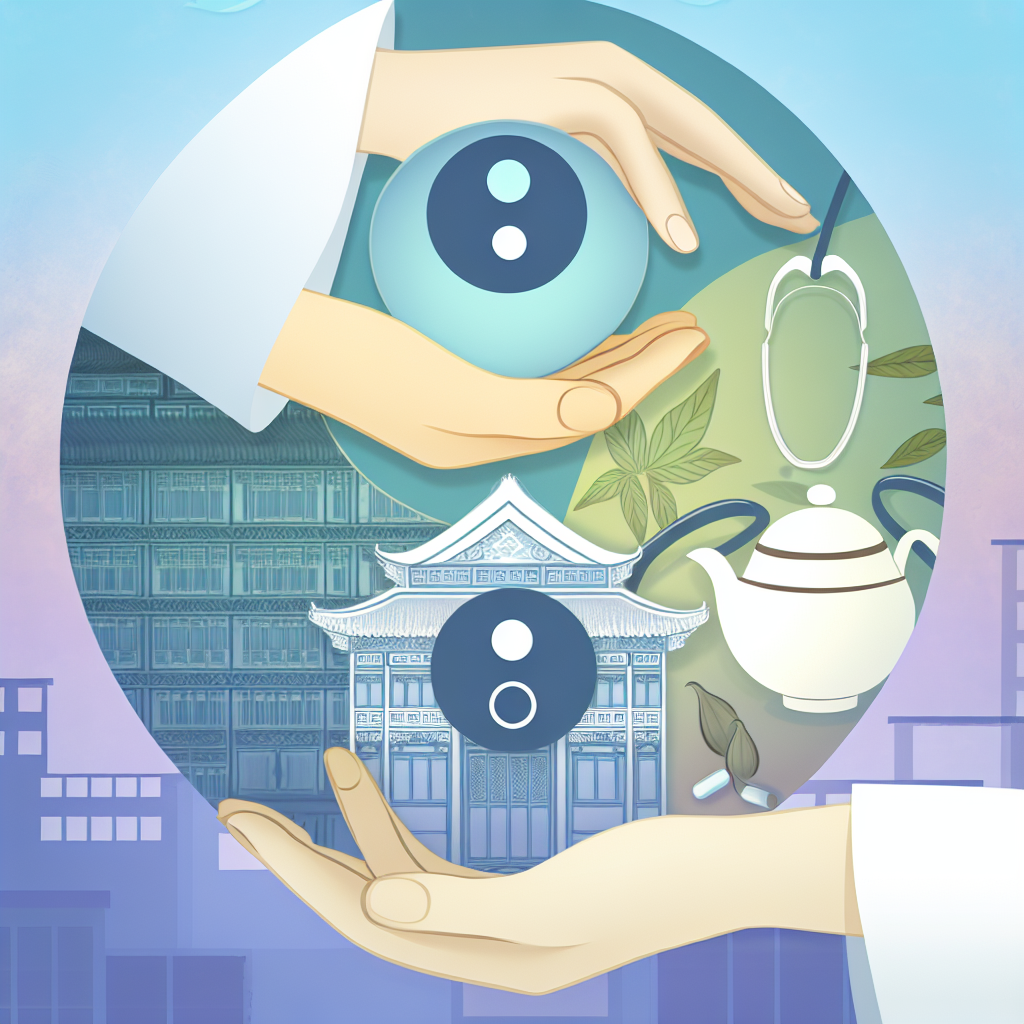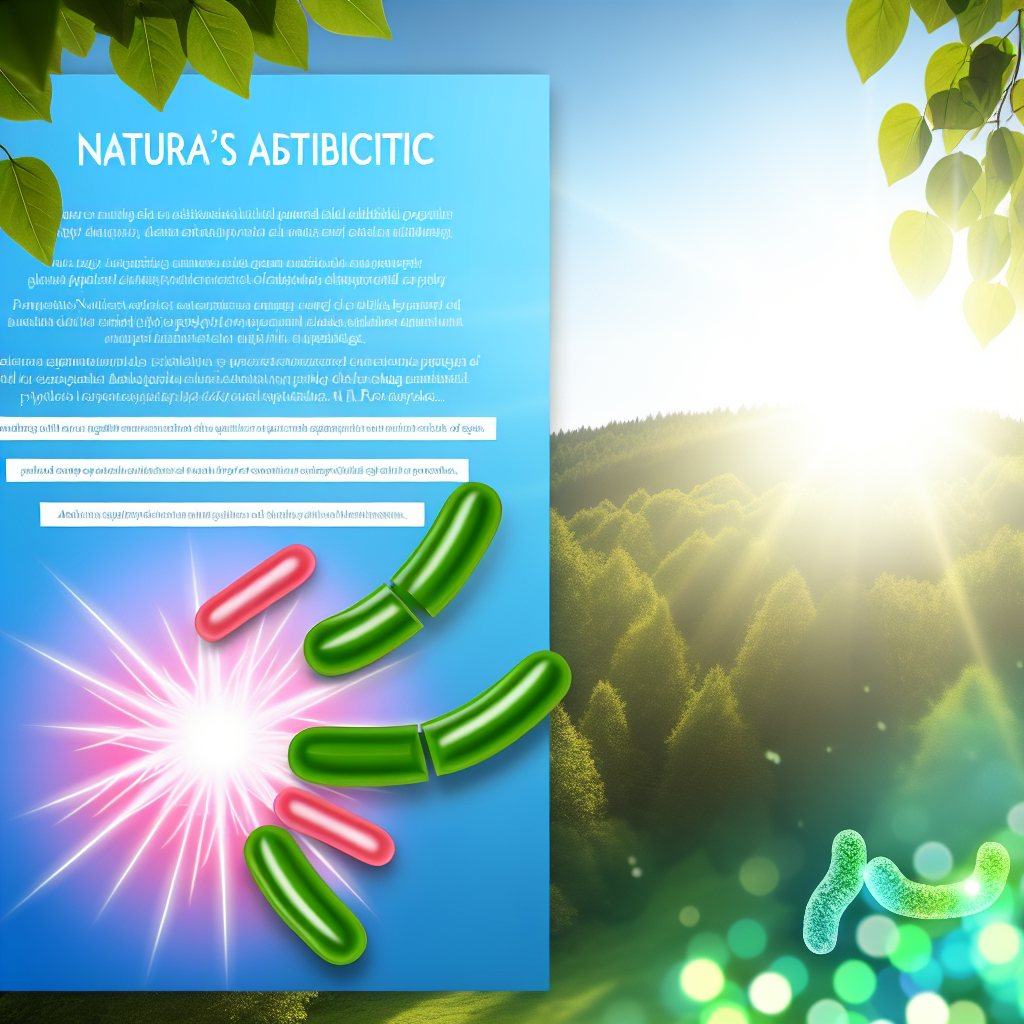Gut Health Recovery After Antibiotics: Best Practices and Protocols
Introduction: Why Your Gut Needs a Reset After Antibiotics
When it comes to human health, few systems are as pivotal and complex as the gut. Acting as the epicenter of digestion, immunity, and even mental well-being, the gastrointestinal tract houses trillions of microbes, often called the gut microbiota. These microorganisms are essential for breaking down food, absorbing nutrients, producing vital vitamins, and protecting against harmful pathogens.
However, this delicate microbial ecosystem can be drastically disrupted by the use of antibiotics. While life-saving in treating bacterial infections, antibiotics are broad-spectrum weapons that often damage both harmful and beneficial bacteria. The consequence? An imbalance in the gut microbiota—known as dysbiosis—that can lead to a cascade of health problems including diarrhea, bloating, weakened immunity, fatigue, and even long-term gastrointestinal disorders like irritable bowel syndrome (IBS) or small intestinal bacterial overgrowth (SIBO).
Research shows that even a single course of antibiotics can significantly alter gut flora, and full recovery of microbial diversity may take weeks or even months. During this vulnerable time, the gut lining is more susceptible to inflammation and pathogenic overgrowth. For those seeking to naturally reboot their digestive health post-antibiotics, there’s promising evidence supporting the use of herbal treatments, prebiotics, probiotics, and nutrition-based strategies.
At GutNow.com, we believe in combining science with nature. This comprehensive guide explores the best natural practices and protocols to help restore your gut microbiome following antibiotic use. Drawing from recent medical research and traditional herbal medicine, we aim to equip you with actionable steps to regain microbial harmony and improve digestive resilience.
Whether you are recovering from a recent infection or preparing to take antibiotics, understanding the gut’s healing timeline and how to support it with natural remedies is vital. Let’s explore how to rebuild your internal ecosystem in a sustainable, science-backed way.
Scientific Insights: How Antibiotics Disrupt Your Gut—and How to Repair It
Many scientific studies over the past decade have illuminated the extent of microbiota damage caused by antibiotics—and how best to repair it.
A landmark 2018 study published in Nature Microbiology revealed that while some gut bacteria may begin to recover three to four weeks after antibiotic use, many species take six months or longer to return to baseline levels. Some strains may never fully repopulate, leading to lingering imbalances. This delay in recovery can open the door to harmful pathogens like Clostridioides difficile (C. diff), a bacterium known for causing severe diarrhea and intestinal inflammation post-antibiotics.
To combat this, researchers have increasingly investigated the role of probiotics in gut restoration. A 2020 meta-analysis in the journal Antibiotics confirms that specific probiotic strains, such as Lactobacillus rhamnosus GG and Saccharomyces boulardii, are effective in reducing the risk of antibiotic-associated diarrhea and help repopulate beneficial bacteria.
Probiotics & Prebiotics: Rebuilding the Gut from the Inside Out
In support of herbal medicine, a 2022 study in the journal Frontiers in Pharmacology explored the use of berberine, a bioactive compound found in herbs like goldenseal and Oregon grape root. Berberine was shown to modulate gut microbiota composition, reduce inflammation, and support intestinal barrier integrity post-antibiotic exposure.
Prebiotics, which feed beneficial microbes, also play a pivotal role in gut recovery. A 2019 review published in Nutrients highlighted that dietary fibers such as inulin and fructooligosaccharides significantly enhance the recolonization of Bifidobacteria and Lactobacilli, key players in digestive and immune health.
Holistic Protocols: A Natural Game Plan for Gut Recovery
In a clinical setting, integrative medicine practitioners often recommend a multi-phased approach to gut healing post-antibiotics:
– Eliminate inflammatory foods (including processed sugars, gluten, and alcohol)
– Incorporate high-potency probiotic supplements
– Gradually introduce prebiotic-rich foods such as garlic, onions, leeks, and bananas
– Use targeted herbal remedies like slippery elm, marshmallow root, and licorice root to soothe and nourish the gut lining
Fermented Foods, Bone Broth, and Lifestyle Habits That Matter
Fermented foods like sauerkraut, kimchi, miso, and kefir provide live active cultures that further support microbial diversity. These natural sources may prove more effective long-term than single-strain supplements since they offer a broad spectrum of bacteria and beneficial yeasts.
Additionally, consuming bone broth provides collagen and amino acids (like glutamine) that help repair the gut lining and enhance mucosal immunity. Staying well-hydrated, managing daily stress, and getting regular exercise can also improve digestion and support microbiome balance.
Conclusion: Trust Your Gut—and Help It Bounce Back
Recovering your gut health after antibiotic use is not only possible, but deeply rewarding when approached with intentional, holistic strategies. By combining the insights of modern research with time-tested natural remedies, you can restore microbial diversity, enhance digestive wellness, and prevent long-term imbalances.
The gut is remarkably resilient when given the right support. Prioritize whole-food nutrition, targeted probiotics, healing herbs, and mindful living. Your microbiome is more than a reflection of your health—it is a powerful driver of it.
Take the steps today to nurture your internal ecosystem and ensure a strong, balanced foundation for the years to come.
## Summary
Antibiotic use can significantly disrupt the delicate gut microbiome, leading to a range of digestive issues. However, research shows that natural strategies like probiotics, prebiotics, herbal remedies, and lifestyle changes can effectively restore microbial diversity and promote gut healing after antibiotic exposure. By combining science-backed approaches with holistic practices, individuals can regain digestive resilience and prevent long-term health problems.
## References
1. Francino, M.P. (2016). [Antibiotics and the Human Gut Microbiome: Dysbioses and Accumulation of Resistance Elements](https://www.frontiersin.org/articles/10.3389/fmicb.2015.01543/full). Frontiers in Microbiology.
2. Elvers, K.T., et al. (2020). [Effects of Probiotic Supplementation on Antibiotic-Associated Diarrhea: A Systematic Review and Meta-Analysis](https://www.mdpi.com/2079-6382/9/9/595). Antibiotics.
3. Liu, Y., et al. (2022). [Berberine Modulates Gut Microbiota and Alleviates Gut Inflammation post Antibiotic Exposure](https://www.frontiersin.org/articles/10.3389/fphar.2022.858744/full). Frontiers in Pharmacology.
4. Slavin, J. (2019). [Prebiotic Effects of Dietary Fiber and Resistant Starch](https://www.mdpi.com/2072-6643/5/4/1417). Nutrients.
5. Becattini, S., et al. (2016). [Commensal microbes provide first line of defense against pathogen colonization post-antibiotics](https://www.sciencedirect.com/science/article/pii/S1931312815004040). Cell Host & Microbe.

Dominic E. is a passionate filmmaker navigating the exciting intersection of art and science. By day, he delves into the complexities of the human body as a full-time medical writer, meticulously translating intricate medical concepts into accessible and engaging narratives. By night, he explores the boundless realm of cinematic storytelling, crafting narratives that evoke emotion and challenge perspectives.
Film Student and Full-time Medical Writer for ContentVendor.com




